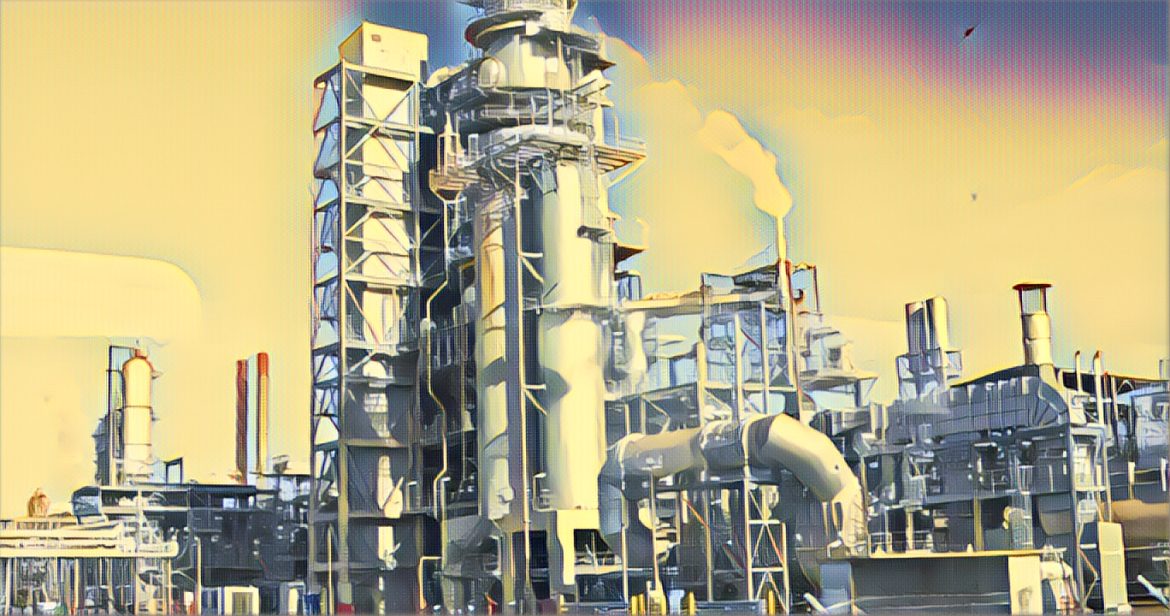As Nigeria grapples with the repercussions of a contentious decision to abolish fuel subsidies, the government faces a daunting choice between spiraling inflation and a reluctant reinstatement of some form of subsidy.
Despite global oil prices hurtling towards $100 a barrel for the first time in 2023, domestic fuel prices have anomalously remained stable, a scenario suggesting a clandestine resurgence of subsidies, which the administration of President Bola Tinubu vehemently denies.
The economic strain is palpable just five months into Tinubu’s tenure and the post-subsidy epoch, as no tangible timeline exists for cultivating indigenous solutions, such as bolstering local refining capacities — a move experts advocate as an antidote to the burgeoning crisis. Instead, the nation’s leadership appears ensnared in a quagmire, partly attributed to a lack of transparency and a reluctance to acknowledge the dire economic ramifications at play.
Global dynamics, including reduced outputs from oil behemoths like Saudi Arabia and Russia and the escalating Israel-Palestine conflict, forecast an imminent price surge, complicating Nigeria’s predicament. This global hike casts a shadow over the nation, where internal factors, such as a dormant refining infrastructure and a staggering foreign exchange crisis, exacerbate the situation.
In a stark contradiction to official claims, recent financial disclosures reveal that the Nigerian National Petroleum Company Limited (NNPCL) has been surreptitiously channeling funds to sustain fuel price stability, thereby indirectly resurrecting the subsidy regime.
Reports indicate a covert allocation of approximately $220 million for this purpose, derived from dividends received from the Nigerian Liquefied Natural Gas (NLNG).
The burgeoning crisis signals an impending economic turmoil, as the disparity between actual oil prices and subsidized rates could saddle the government with an estimated N644.8 billion monthly burden, predicated on current daily consumption rates.
According to a report by The Guardian, this financial vortex threatens to destabilize an already fragile economy and highlights the illusionary nature of the proclaimed subsidy cessation.
The administration now treads a fiscal tightrope, as yielding to market forces could catapult fuel prices beyond N900 per litre, unleashing economic pandemonium in a country beleaguered by inflation and public dissent. Conversely, reinstating subsidies could plunge state coffers into further despair, a scenario the government seems desperate to avoid.
Amid this chaos, Nigeria’s paradoxical stance within the global oil landscape becomes glaring. Contrary to expected economic boons from soaring oil prices, both the Nigerian government and its populace are wary of further escalations.
The country’s inability to capitalize on its oil wealth, a detrimental legacy of its historical leadership failures, has culminated in total reliance on imported petroleum products.
Compounding the nation’s woes are burgeoning debts, with state governments accruing over N46.17 billion in loans to offset basic salary obligations. These financial straits come on the heels of substantial foreign loans purportedly aimed at mitigating the impacts of subsidy removal, raising questions about the government’s fiscal direction amidst ongoing domestic oil theft and reduced production levels.
This convoluted situation underscores the urgent need for a revamped downstream sector. President Tinubu must prioritize domestic refining to navigate away from the quagmire. The focus should extend beyond temporary fixes and concentrate on concrete strategies, encompassing the revival of indigenous refineries and clear stipulations on their operational future.
Without such decisive action, Nigeria remains poised on the brink, its economy tethered to a cycle of sluggish growth, rampant unemployment, and pervasive poverty, continually at the whims of volatile international oil politics.


